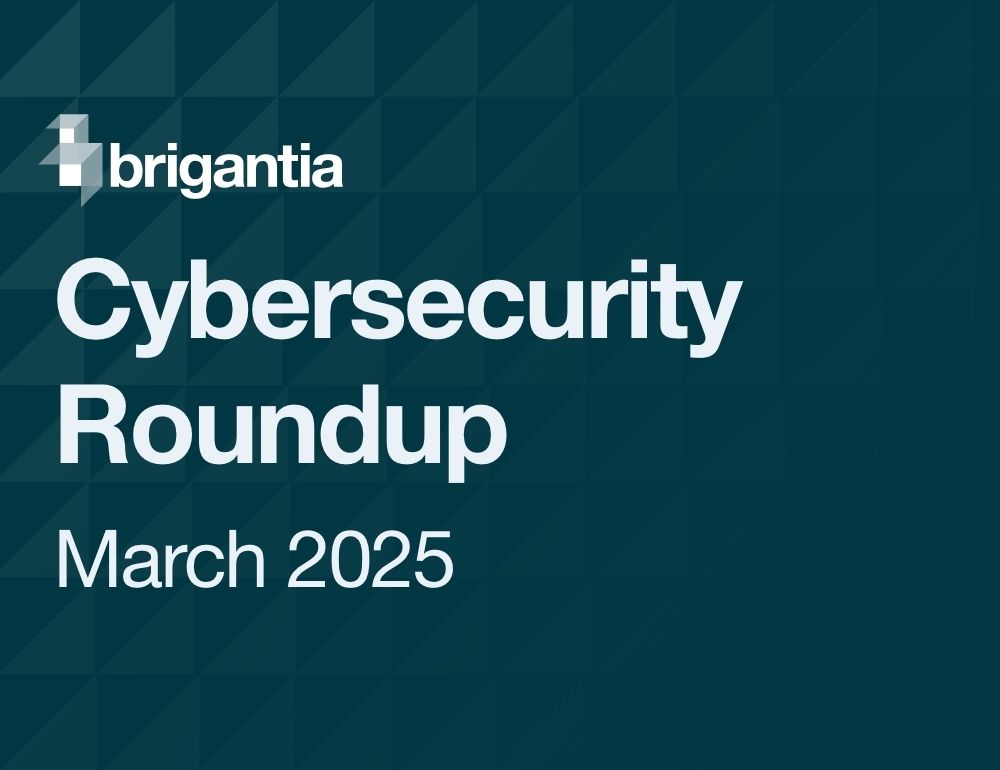In recent years, rising geopolitical tensions have moved beyond traditional diplomacy and warfare, finding a new battleground in cyberspace. As international rivalries sharpen, between global powers like the United States, Russia, and China, cyber operations have emerged as a key weapon in the modern geopolitical toolkit. The consequences of this shift are far-reaching, affecting not just nation-states but also companies, infrastructure providers, and even individuals.
State-sponsored cyberattacks are on the rise
A major trend in today’s cybersecurity landscape is the increasing prevalence of state-sponsored cyberattacks. Governments are not just investing in conventional military power but are actively building digital arsenals capable of surveillance, sabotage, and disinformation.
Russia, for instance, has been repeatedly linked to cyber operations aimed at influencing political outcomes in Western democracies. Russian military intelligence units have been accused of breaching the digital defences of U.S. and British government institutions, aiming to undermine public trust and manipulate elections.
China, too, has taken an assertive stance in cyberspace. State-backed groups have reportedly targeted a wide range of sectors, from critical infrastructure and defence systems to pharmaceutical companies and academic institutions.
These campaigns often focus on intellectual property theft and long-term espionage, highlighting the strategic role that cyber capabilities play in advancing national interests without the need for ‘boots on the ground.’
The blurred line between states and cybercriminals
One of the most troubling developments in cyberspace is the growing overlap between state actors and cybercriminal groups. Intelligence reports and independent investigations suggest a growing trend of authoritarian governments working with, or ‘turning a blind eye’ to sophisticated criminal networks.
These loosely affiliated partnerships provide plausible deniability, letting states distance themselves from attacks while still benefitting from them. In some cases, cybercriminal groups are co-opted to carry out national agendas in exchange for protection, profit or both. The result? A more complex, unpredictable threat landscape where criminal and political motive interlink.
The use of AI to leverage attacks
Artificial intelligence has added yet another layer of sophistication to the equation, making attacks smarter, faster and more difficult to trace.
- Phishing attacks are becoming more convincing thanks to AI-generated content.
- Adaptive malware can now learn and evolve to bypass security systems.
- Disinformation campaigns powered by AI are harder to detect and spread faster than ever.
Europol recently warned that AI tools are being used by criminal groups to carry out cyberattacks. As these technologies grow more advanced, they’re becoming a powerful weapon in modern geopolitical conflicts.
Targeted attacks on critical infrastructure
As cyber conflicts escalate, critical infrastructure has become a primary target. Energy grids, transportation networks, healthcare systems, and financial institutions have all found themselves in the cross hairs of cyber warfare.
The conflict between Russia and Ukraine has served as a stark example, with both sides launching cyberattacks that disrupt essential services and attempt to sow confusion and panic. These digital assaults can cause real-world harm, from blackouts to delays in medical treatment, underscoring the tangible risks associated with cyber conflict.
A renewed wave of hacktivism
The rise in cyber threats has also given rise to a renewed wave of hacktivism, where politically or ideologically driven groups launch attacks on perceived enemies. These actors may not possess the technical sophistication of state-backed hackers, but they add another layer of unpredictability to the landscape.
All these trends point to one thing: cyber operations have become a core component of geopolitical strategy, and the consequences of this shift are profound. To manage the risks, nations must now invest not only in digital defence systems but also in public-private partnerships and intelligence sharing.
Why cybersecurity is fundamental
Cybersecurity is no longer a technical issue relegated to IT departments - it is a fundamental security requirement for everyone, from nation states down to the man on the street.
As the geopolitical climate remains volatile, the digital battlefield is likely to expand. Vigilance, resilience, and international cooperation will be essential in defending against the evolving threats in the new age of cyber geopolitics.
To read more of our news and articles. Follow this link: https://www.brigantia.com/resources






